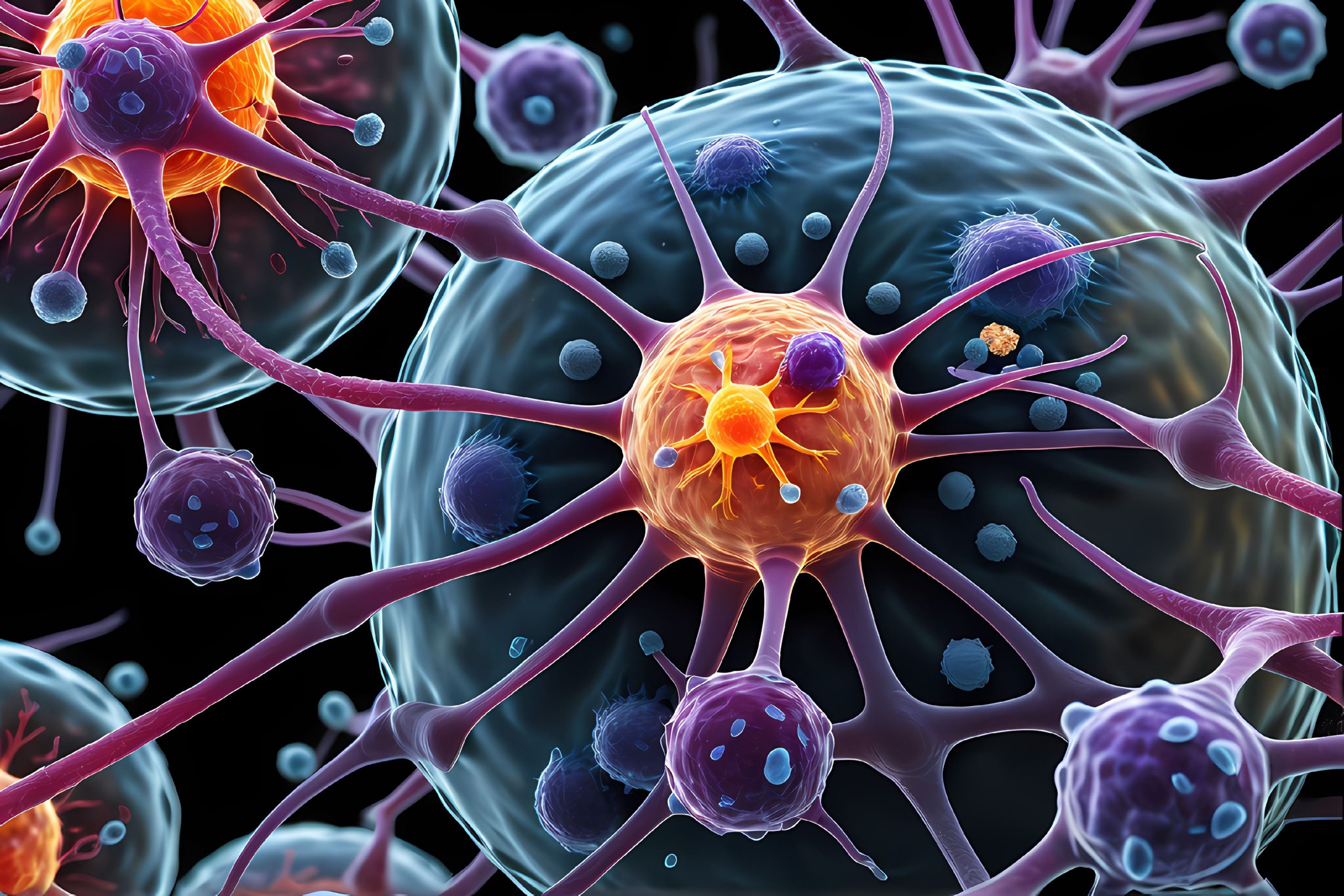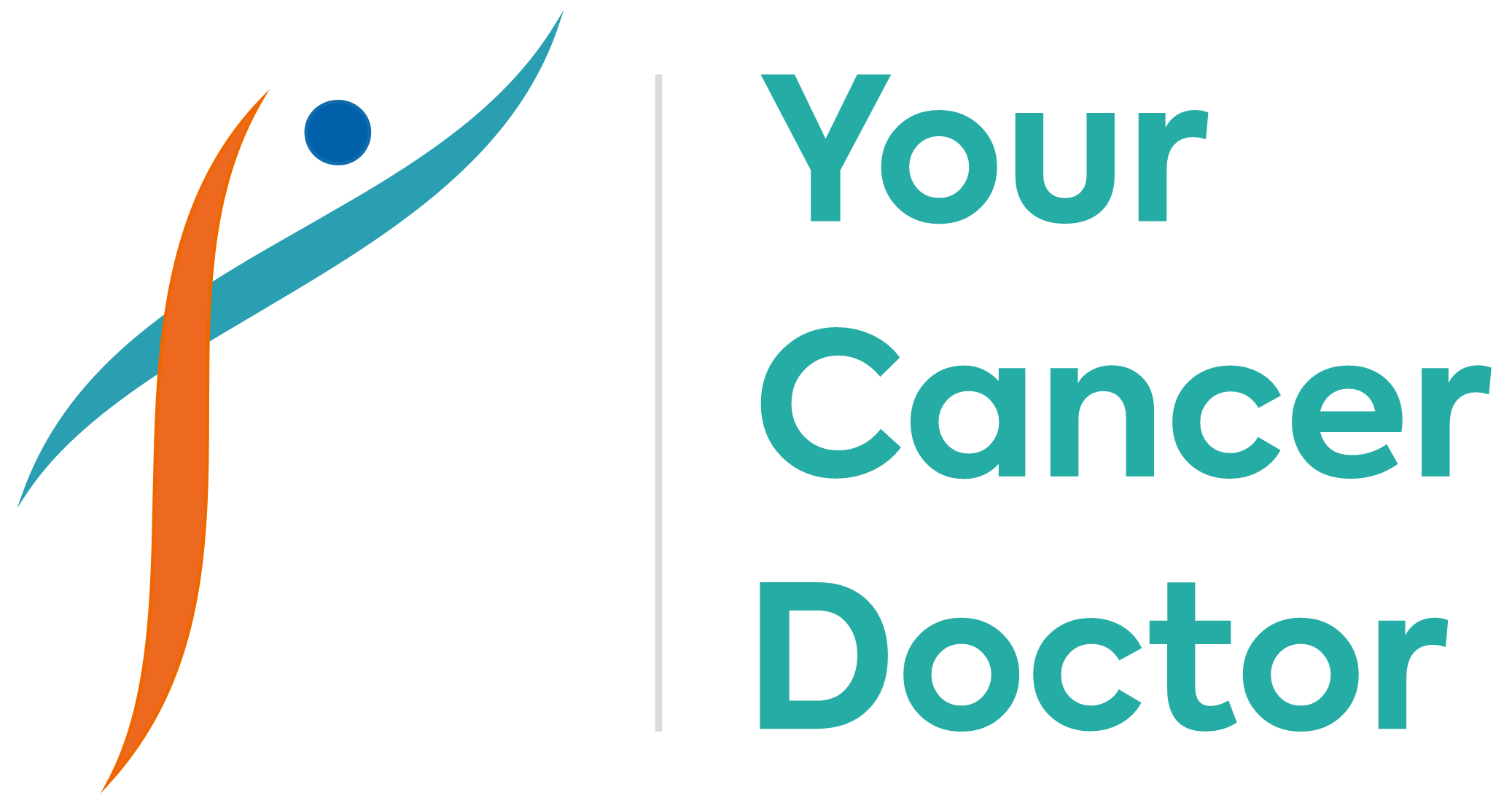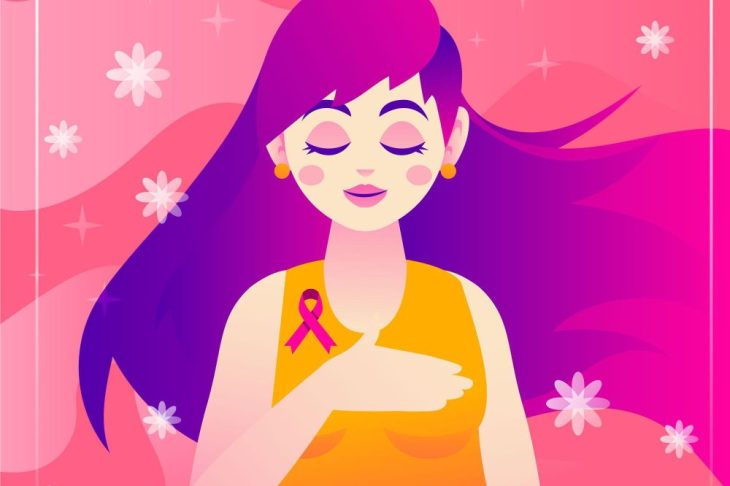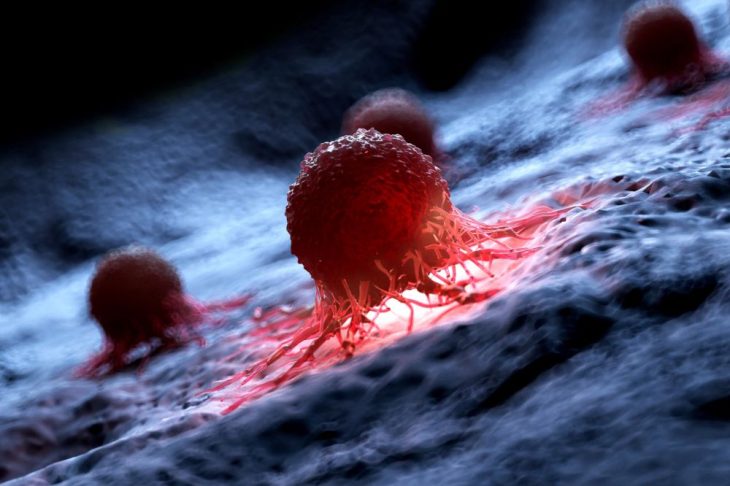
Understanding The Various Cancer Causes And Symptoms as well as Cancer Prevention
Cancer is a complex illness that can take many forms, with different symptoms and causes. It can be caused by a combination of things like genetics, lifestyle, and the environment. Because of this, treating cancer requires a personalised approach, taking into account each patient’s unique situation. It’s important to work with healthcare professionals to develop a comprehensive treatment plan that meets your specific needs.
Causes of Cancer:
- Genetic Factors: Certain cancers are more likely due to inherited genetic mutations, such as BRCA1 and BRCA2 genes for breast cancer.
- Environmental Exposure: Prolonged exposure to harmful substances, like asbestos, benzene, and certain forms of radiation, can increase cancer risk.
- Lifestyle Choices: Smoking, excessive alcohol consumption, poor diet, and lack of physical activity can significantly raise the risk of various cancers.
- Infections: Certain infections can contribute to cancer development. For example, human papillomavirus (HPV) can lead to cervical cancer, and Hepatitis B and C can cause liver cancer.
- Age: The risk of most cancers increases with age, likely due to the accumulation of risk factors combined with the natural ageing process of cells.
Symptoms of Cancer:
Cancer symptoms can vary widely based on the type of cancer and its location, stage, and spread. However, some common symptoms include:
- Unexplained Weight Loss: Often one of the first noticeable signs of cancer.
- Fatigue: Persistent tiredness that doesn’t improve with rest can be a symptom of various cancers.
- Pain: Pain may be an early symptom in some cancers, like bone or testicular cancer, or a late symptom in others as a tumour grows and presses on nerves.
- Skin Changes: These can include darker-looking skin (hyperpigmentation), yellowish skin and eyes (jaundice), reddened skin (erythema), itching, or excessive hair growth.
- Change in Bowel Habits or Bladder Function: Long-term constipation, diarrhoea, or a change in the size of the stool can be linked to colon cancer; frequent urination or pain during urination can be linked to bladder or prostate cancer.
- Unusual Bleeding or Discharge: This can occur in early or advanced cancer and can be a sign of cancers like cervical, colon, or lung.
- Persistent sores: Persistent sores, especially in the mouth, lips or tongue, are a dangerous sign of cancer. Common cold sores go away after a few days, but cancer sores are long-standing and persistent. If you are continuously experiencing sores in your mouth, immediately consult your doctor.
- Lumps or masses: The sudden emergence of lumps and masses in unusual places is also a common symptom of cancer. This is especially true for breast cancer cases among women.
How Can We Prevent Cancer?
You can prevent yourself from the risk of developing cancer by making certain specific lifestyle choices:
- Limit your alcohol intake and quit smoking and tobacco. If you are facing difficulties in quitting tobacco, take the help of trained healthcare professionals.
- Always maintain a healthy diet plan and manage your weight. Being obese or overweight is a grand invitation for various diseases.
- Follow a routine of regular physical activity, as it will boost your immune system and protect you from harmful cancerous cells.
- Have regular cancer screenings. It has been well documented in research that early cancer detection has higher survival rates.
- Skin cancer is caused by harmful ultraviolet rays of the sun. Take necessary precautions and protect yourself from sun damage.
Early detection and treatment can significantly improve outcomes in many cases of cancer. Regular screenings and paying attention to body changes can help catch cancer early. If you experience any persistent symptoms or changes, consulting a healthcare provider is crucial.


